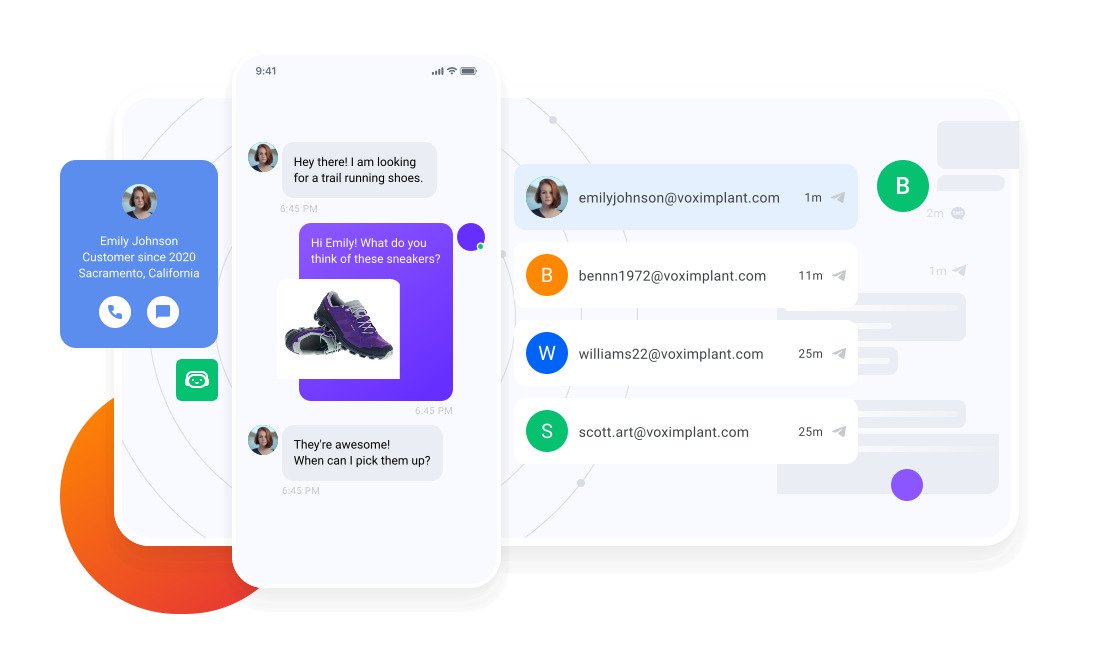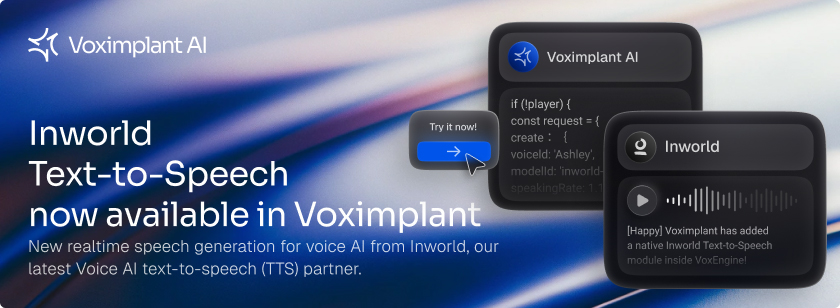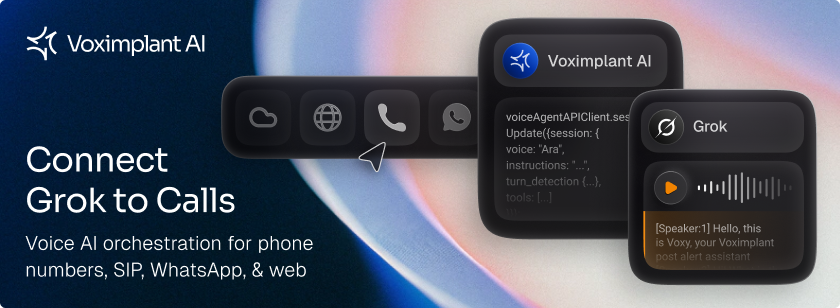In today's mobile-driven world, apps have become central to how brands connect with and support their customers. As these interactions increasingly rely on mobile platforms, users expect fast, intuitive support that feels personal and consistent. Meeting these expectations, however, is no easy feat, especially with the demand for instant responses and personalized assistance on the rise.
Automated chatbots have quickly become essential tools for app developers, addressing these challenges by providing efficient, round-the-clock support while enhancing the overall customer experience. These AI-driven tools go beyond basic responses; they actively support users through instant messaging, personalized recommendations, and proactive guidance, all of which make a profound difference in user satisfaction and app retention.
This article dives into five key ways chatbots elevate the mobile app customer experience, with examples that highlight how these virtual assistants bring tangible benefits to users and brands alike.
1. Instant Responses and Reduced Wait Times
One of the main advantages of chatbots is their ability to provide instant responses. In a mobile app setting, users expect quick support without the hassle of waiting for live agents. Chatbots, available round the clock, help users solve problems efficiently, leading to higher satisfaction and retention rates.
In a mobile app you don’t always need a human support team, the questions are often redundant and easy to answer. Some of this include:
- Where can I find my purchase history?
- How do I cancel my subscription?
- What payment methods are accepted?
- Is my data secure with this app?
- How can I turn on/off notifications?
- How do I change the language settings?
Create a chatbot that will cover the most common questions. By delivering rapid responses, these reduce friction in the user journey, resulting in higher satisfaction and improved retention rates.
2. Personalized and Contextual Support
Chatbots can deliver personalized responses by analyzing user data and understanding the context of each interaction. This capability allows chatbots to provide relevant answers, recommend additional resources, or even suggest features based on a user’s previous activity within the app. For example, if a user repeatedly queries subscription-related questions, the chatbot can provide tailored guidance or upsell relevant premium options in a non-intrusive way.
Another example is Spotify’s chatbot that provides users with personalized playlists and music suggestions based on their past listening history. In a similar way, chatbots in mobile apps can analyze usage patterns and offer customized support or suggestions, such as recommending new features or guiding users through content based on previous interactions.
3. Reducing Repetitive Queries for Customer Support Teams
In mobile app customer support, repetitive queries like password reset requests or account-related inquiries can occupy much of a support team’s time. By handling these routine questions, chatbots free up human agents for more complex, high-value issues. This delegation improves the support team's efficiency and ensures that users with intricate concerns receive timely, specialized attention.
A common example is a virtual assistant in a bank that handles frequent inquiries, such as checking account balances and transaction history, allowing human agents to focus on more specialized financial inquiries. In mobile app environments, this approach not only improves efficiency but also ensures that users with pressing or intricate concerns receive attention quickly.
For teams exploring automation tools beyond chatbots, scheduling software can also alleviate repetitive tasks. If your business needs to streamline scheduling workflows, consider these 8 best Chili Piper alternatives for small business scheduling. These tools complement chatbots by automating meeting bookings, follow-ups, and client coordination.
4. Consistent Experience Across Channels
A critical factor in customer satisfaction is receiving consistent information and support across all channels. Chatbots ensure that regardless of where or when a user interacts with the app, they receive uniform responses. Take Sephora’s chatbot, for example. It provides consistent product recommendations and advice across its website and mobile app, helping users feel confident in their interactions with the brand.
In mobile apps, this level of consistency strengthens brand loyalty, as users can expect the same high-quality support whether they access it on their phone, tablet, or through other digital channels.
5. Enhancing Engagement Through Proactive Assistance
Chatbots can enhance engagement by proactively reaching out to users, offering help based on common patterns, or guiding users through initial setups and feature discovery. This proactive assistance is especially valuable in mobile apps, where users may benefit from prompts, reminders, or onboarding help that encourages deeper exploration of app features, leading to higher user satisfaction and retention.A great and well-known example is Duolinguo. Their chatbot offers users reminders to practice or prompts to complete lessons, which keeps them engaged and motivated to return.
This proactive assistance is particularly beneficial in mobile settings, where users may need occasional nudges to explore new features or continue their journey. Whether it’s a reminder to complete a course or a prompt to discover an overlooked feature, proactive chatbots increase engagement, helping users unlock more value from the app, which ultimately leads to higher retention and satisfaction.
Integrating Qonversion for Optimized Monetization
For subscription-based mobile apps, optimizing monetization strategies alongside customer experience can be challenging. Qonversion helps mobile apps manage in-app purchases and subscriptions effectively. With its analytics capabilities, Qonversion enables app owners to track user engagement, understand subscriber behavior, and make data-driven decisions to personalize subscription offers, ultimately enhancing the user experience and boosting retention.
Wrapping up
Automated chatbots have become invaluable assets in the mobile app industry, revolutionizing how users interact with brands by offering immediate, personalized, and proactive support. By addressing common pain points—such as long wait times, repetitive inquiries, and inconsistent support—chatbots significantly elevate the customer experience, fostering deeper engagement and trust.
We introduced examples from H&M’s customer service to Duolingo’s engagement reminders to illustrate how chatbots can cater to diverse user needs while easing the workload on support teams. Furthermore, integrating advanced tools like Qonversion enables app developers to align customer satisfaction with monetization goals, creating a seamless user experience that drives both engagement and revenue.
Embracing chatbot technology and intelligent monetization platforms ensures that mobile apps can not only meet but exceed user expectations, growing through quite a competitive market.





